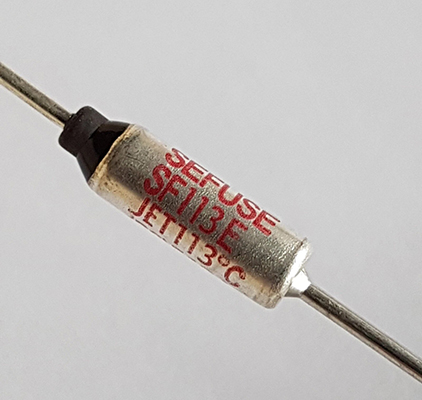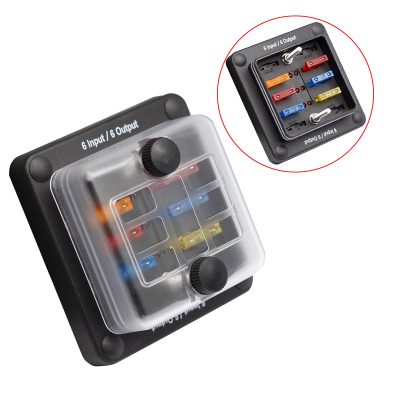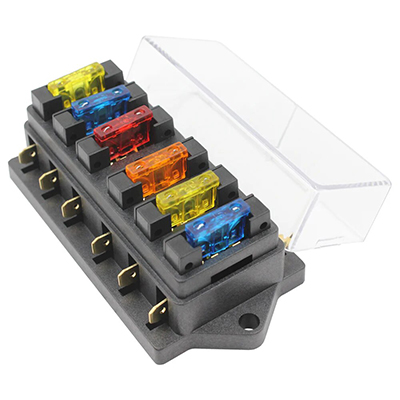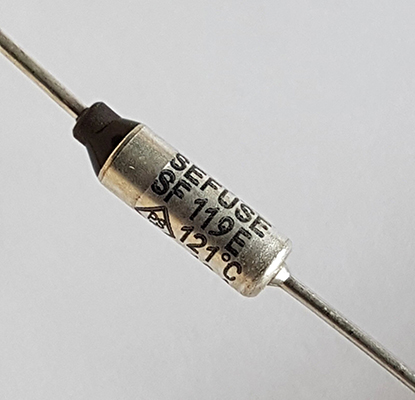Current Fuses in Automotive Accessory Circuits: Key Roles in Safeguarding Electrical Components and Enhancing Vehicle Safety
News 2025-10-24
Current fuses are vital safety components in automotive electrical systems, particularly for accessory circuits that power add-ons like sound systems and lighting. These fuses work by interrupting excessive current flow, preventing damage from overloads or short circuits. In vehicles, they ensure that accessories operate reliably without risking the main electrical network. Proper selection and installation of current fuses are crucial for maintaining performance and safety in modern cars, where electrical demands are increasing.

Applications in Automotive Accessory Circuits
Automotive accessory circuits include features such as audio upgrades, LED lights, and navigation systems. Fuses protect these circuits by handling specific current loads, for instance, safeguarding a car stereo from wiring faults. In custom installations like dash cams or power inverters, fuses prevent failures that could affect drivability. This protection extends to circuits for charging ports, ensuring safe operation of devices without compromising vehicle integrity during daily use.
Performance Advantages
Current fuses deliver quick response to faults, minimizing risks to sensitive electronics in automotive settings. Their compact design fits easily into fuse panels, while durable materials resist corrosion and heat. Fuses provide consistent protection across various conditions, enhancing system longevity. In practice, they offer a straightforward way to isolate issues, supporting efficient repairs and reducing costs associated with electrical failures in accessories.
Common Questions and Answers
1. What amperage should I use for automotive accessory fuses?
Select an amperage 10-20% above the accessory’s normal current draw to avoid nuisance blowing while ensuring safety.
2. How do fuses improve safety in car accessories?
Fuses break circuits during overcurrent, preventing overheating and potential fires in wiring or components.
3. Can fuses be reused after blowing?
No, blown fuses should always be replaced with new ones of the same rating to maintain proper protection.


